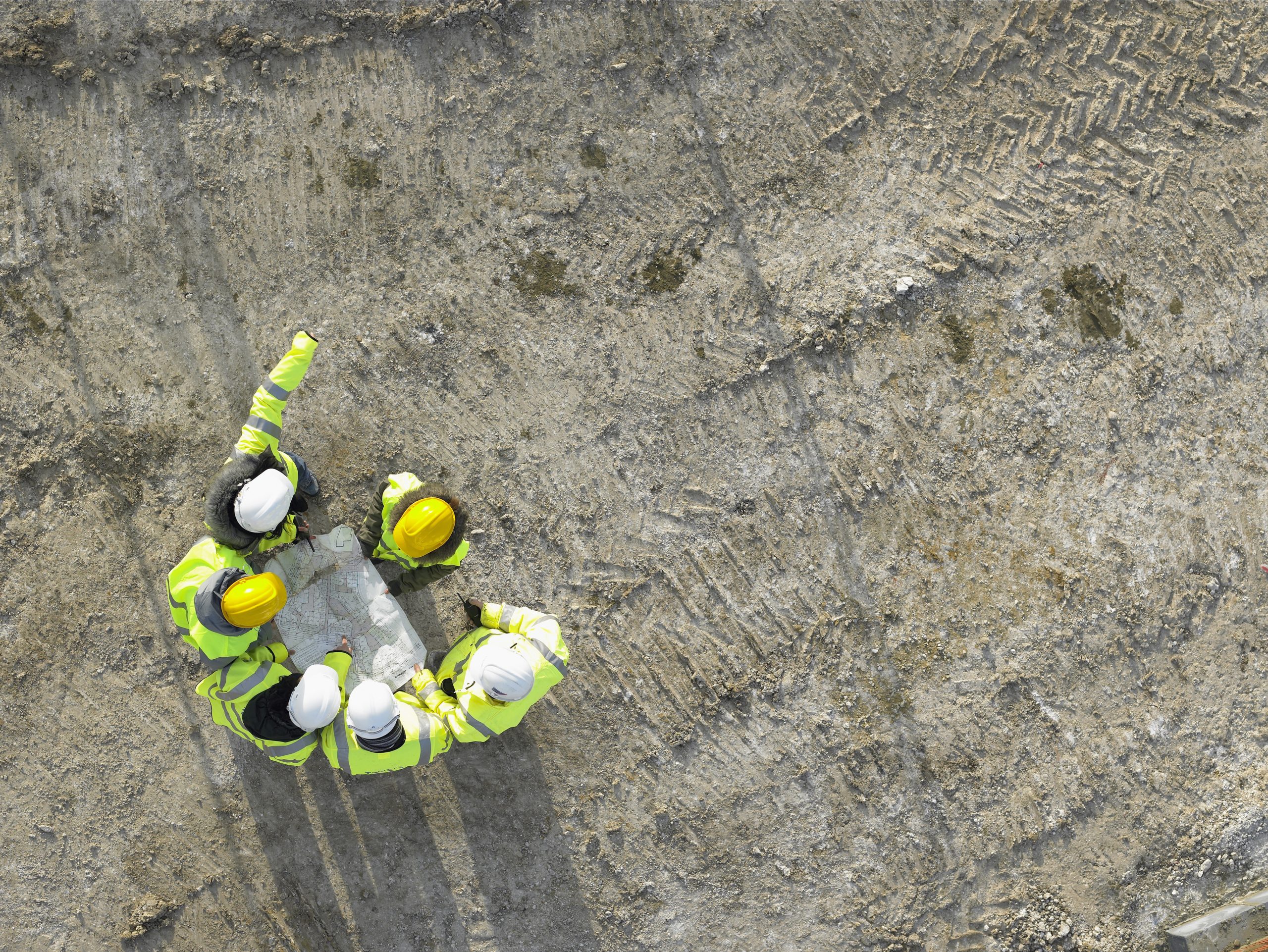Infrastructure Australia was one of the first to indicate that the industry is going to start doing things differently when it released its 2021 Infrastructure Priority List. Alongside more traditional infrastructure projects like ports and highways, some new trends are emerging. The large-scale move towards digitisation and flexible working models has prompted profound changes for the way people use infrastructure. For example, decentralisation and the accompanying regional boom have led to a redistribution of demand for utilities. Across sectors, infrastructure providers navigated dramatic changes to user behaviour and network requirements, and rapidly adjusted their services.
Effects
COVID-19 and ensuing border closures have also exacerbated a major skills shortage in Australia. In August 2021, a parliamentary report from the Joint Standing Committee on Migration found that half a million migrants had left the country since the start of the pandemic. Coupled with near-record-low unemployment levels, the result is a major labour shortage in areas like engineering and agricultural technology.
So why is this important to us here at Infrastructure People? With new priority industries and new ways of working comes the need for agile companies and staff with up-to-date skill sets. And with the huge shortage of skilled workers across Australia in the infrastructure sector, it has never been more important for businesses to invest in the upskilling of their staff. That’s why we’ve partnered with Infrastructure Training, an Australian-owned and operated Registered Training Organisation (RTO) that’s dedicated to upskilling and planning for the future.
Experience in Industry
Managing Director Russell Adams has more than three decades of experience in the industry, having worked in mining, construction and training. He started Infrastructure Training two years ago with the belief that he could provide a unique one-on-one student-based education service that specialised in reaching disadvantaged groups that have been left behind in the traditional training and education sphere. “We have gained invaluable experience in literacy and numeracy and have developed teaching techniques that are tailored to the needs of our students. We appreciate the richness that each student brings and we adapt our approach and teaching style to meet their needs and strengthen their learning. We pride ourselves in bringing a level of care, compassion and integrity to their learning experience.”

“Our business model can offer people in the construction industry quality and human-centred learning to people of all ages who are looking to expand their skills and opportunities,” says Russell. Many people working in the industry have no formal qualifications, despite years of experience. By investing in these employees, organisations can upskill their existing workforce and save money by retaining experienced staff. “Infrastructure Training emphasises the need for this to happen across the industry: it’s all about retraining and staff retention, which is critical in today’s workforce environment,” says Russell.
Infrastructure Training will offer nationally accredited courses (high risk, machines, full qualifications, skill sets and single units of competency) throughout Australia, providing quality, best-practice training. They are recognised for high standards in training, assessment, professional development programs, record management processes, and policies and procedures.
In a time-sensitive industry that is driven around project deadlines, this partnership enables tailored fast-tracked training to students and organisations, which is critical to accelerating innovation, increasing productivity, and building a stronger culture for our partners’ workforces.
“We believe that teaching is not a job, it’s a privilege. We focus on building the confidence of students and connecting with them to enrich their potential and improve employment outcomes. Infrastructure Training focuses on a holistic learning approach, a unique teaching capability that not just delivers off the shelf training but offers tailored solution and invests time in quality teaching to all our students who come from different cultural backgrounds.” says Russell.
There have been significant changes in the construction landscape and when you add the skills shortage, the pressure on projects to meet their resourcing needs is unprecedented. At Infrastructure People, we are always looking at ways in how we can help drive our industry forward and working together with Infrastructure Training we are building a workforce for the future. The programs will create multi-skilled staff who offer unparalleled mobility within organisations.
Creating outcomes that set us apart from anyone else in the market is important, focusing on a centre of excellence and a clear path of progression not just for our clients’ workforces, but for the industry as a whole. We’re not just talking about the skills shortage – we’re tackling it. Robert Clowes, Director of Infrastructure People.
For more Industry Insights: https://www.infrastructurepeople.net.au/industry-insights/


